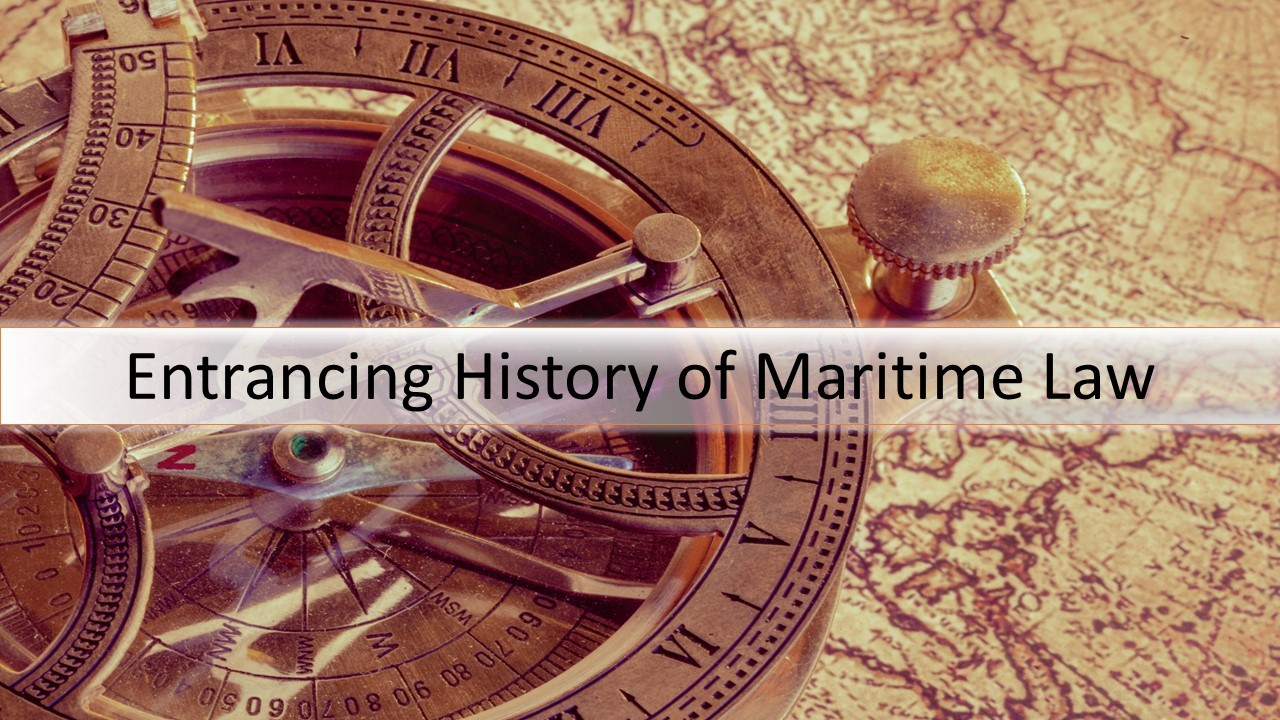Maritime laws have undergone significant transformation across Atlantic coastal nations due to shifting trade demands and territorial concerns. Initially rooted in colonial interests, legal frameworks governing ocean navigation were primarily established to regulate imperial shipping routes and resource extraction. Over time, however, global developments such as technological innovation and environmental priorities forced many nations to adapt. In recent decades, cooperation between coastal states has also increased, particularly in areas like border enforcement and environmental protection. As a result, the evolution of these legal systems continues to reflect both regional dynamics and broader international agreements shaping the modern Atlantic seascape.
Maritime Laws Reshaped by Global Security and Environmental Demands
Security concerns and environmental factors have dramatically influenced how coastal nations approach legal frameworks related to maritime zones. In particular, rising cases of piracy and illegal fishing prompted several Atlantic governments to update enforcement protocols. Many states introduced stricter surveillance systems to protect both economic zones and national interests. At the same time, environmental degradation forced legal bodies to address marine pollution, habitat destruction, and sustainable resource use. Several countries responded by adopting newer treaties aligned with global conservation goals. Consequently, modern legal revisions now attempt to strike a balance between sovereignty, security, and sustainability. Furthermore, collaboration through regional maritime agreements continues to strengthen mutual enforcement capabilities.
Legal Innovations and Technological Shifts in the Atlantic Region
Alongside external pressures, rapid advances in technology have played a major role in changing maritime governance. For instance, the rise of satellite tracking systems and digital documentation has improved monitoring and compliance. These tools allow for better detection of unauthorized shipping and contribute to faster legal responses. Additionally, the growing complexity of international shipping has led to more sophisticated dispute resolution mechanisms. Training programs and legal education initiatives have also increased to ensure personnel understand new procedures. While challenges remain, many Atlantic nations are now better positioned to manage maritime activity through informed, adaptive legislation. Their experience could serve as a reference for other coastal regions facing similar transitions.
